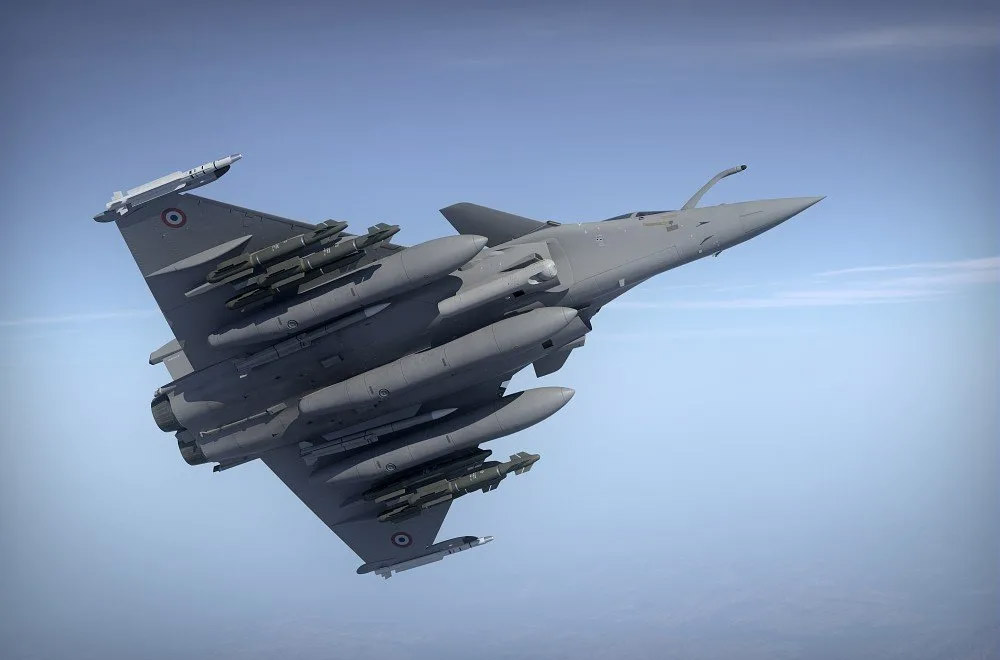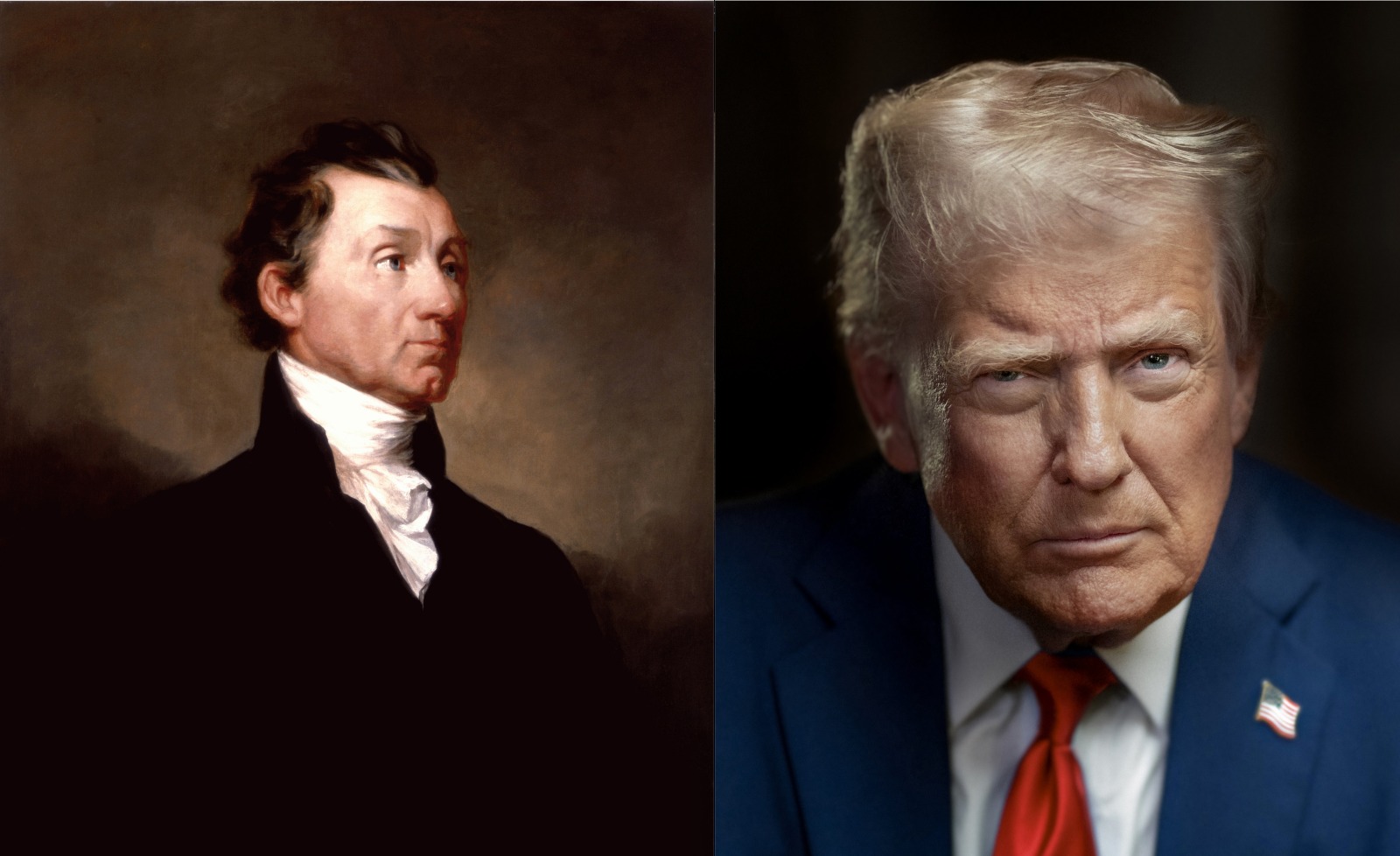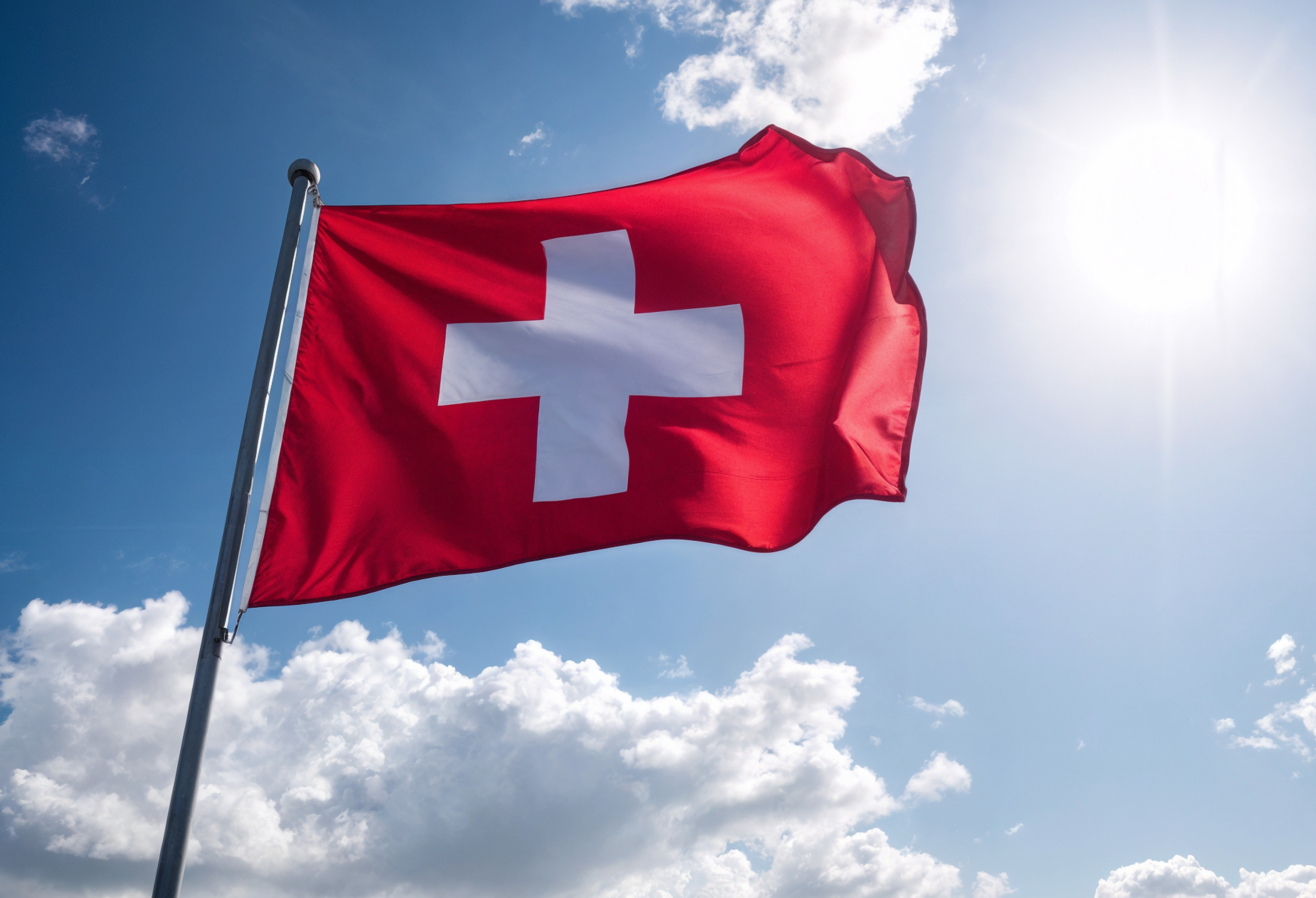The very heated debate on ‘economic patriotism’ that has begun in France demonstrates that much confusion still reigns about the nature and content of economic confrontations. Most commentators remain very dependent on the thought processes of the Cold War. The fact that certain academics, such as Jacques Fontanel (La globalisation en “analyse”, Géoéconomie et stratégie des acteurs, published by l’Harmattan, 2005) are at last beginning to treat the subject in depth, indicates that the time has come to forget the cant inherited from a time when one was not permitted to weaken the free world by revealing its inconsistencies.
The legitimacy of ‘economic patriotism’
The appearance of ‘economic patriotism’ in the vocabulary of the French government has caused a strong resurgence of a number of cultural sticking points, in particular when defining the strategic autonomy which a country has the right to claim in order to safeguard its future. There remains a lot of ground to cover to get round the false premises which surround this sort of argument. The idea of collective interest must now be added to that of general interest. Collective interest covers the geoeconomic objectives which the government must define in order to preserve the potential development of the country. This collective interest, which has nothing to do with Marxism, gives full meaning to economic patriotism. Patriotism is the starting point in tackling the complexities of the post-Cold War balance of power. Let us remind ourselves of the definition of the word motherland: a political community of individuals living in the same land and linked by a feeling of belonging to the same body, particularly culturally and linguistically.(1) Economic patriotism defines therefore the context of development of a country confronted by the opportunities and threats of the new power dynamics resulting from the globalisation of world trade.
The West and the rest of the world
The Cold War led the higher echelons of government and business leaders in France to think of the balance of power in terms of a bipolar confrontation between the East and the West. This bipolar approach to the manoeuvring of the protagonists concentrated strategic thought onto the way in which the Western world could be protected against any threat emanating from the Communist bloc and its satellite countries. In the second half of the twentieth century no other preoccupation could match this anxiety to preserve the unity and safety of the ‘free world’, for which responsibility rested with the United States of America. This scale of priorities over the years fashioned the way of thinking of our elites. Atlanticist solidarity progressively replaced any thought of a patriotic nature, particularly on any divergence of interest of power in the economic field. The bipolar world of the Cold War lies behind a binary perspective of the balance of power, that is to say the predominance of Atlanticist solidarity when dealing with controversial issues involving Western countries and which were likely to weaken the unity of the ‘free world’.
Il reste 86 % de l'article à lire







